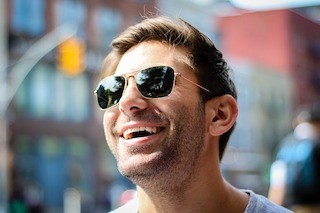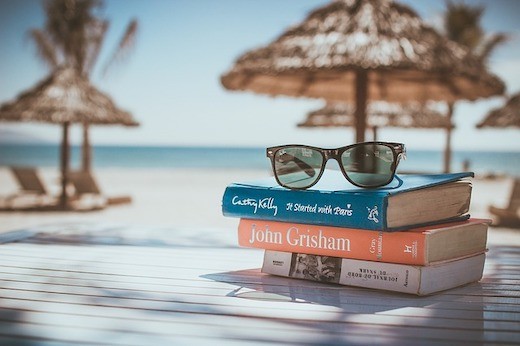The month of July marks UV Protection Month. It is a good time to remember that the ultra violet rays of the sunshine we love can be dangerous if we are not protected. We have all learned a lot about the need to slather everyone with sunscreen to protect skin from sunburns which can lead to skin cancers later in life. Most of us are pretty careful to protect the backs of necks, noses and tops of bare feet. We wear hats to protect from burns, and we are getting good at always protecting children with high SPF sunscreens.
BUT UV Protection Month is actually designated by Ophthalmology! It is a reminder that we need to protect our eyes from harmful ultra violet light. And we need to be especially mindful to protect the eyes of children. According to the American Academy of Ophthalmology, sunglasses are more than a fashion statement.
Over time, exposure to UV light without protection can lead to a much higher risk of eye diseases. And these diseases are serious. They include cataracts, macular degeneration and even growths in the eye, including sometimes cancer. Even shorter times outside can cause eye damage – especially from sun that reflects off the water. These injuries are sunburns on the front part of the eye. The injury, called photokeratitis, leads to redness, blurry vision, light sensitivity and sometime, although rarely, temporary vision loss.
 In honor of UV Awareness month, the American Academy of Ophthalmology wants everyone to know that you can prevent this eye damage with just a pair of sunglasses that screen for UVA and UVB radiation! It is that simple whether you are an adult or child.
In honor of UV Awareness month, the American Academy of Ophthalmology wants everyone to know that you can prevent this eye damage with just a pair of sunglasses that screen for UVA and UVB radiation! It is that simple whether you are an adult or child.
The other really great news is that it is not the price of the glasses that matter or the color of the lenses. It is all a matter of assuring that the glasses screen out 99 to 100 percent of BOTH UVA and UVB rays. Less costly glasses with UVA and UVB protection are just as effective as the most expensive ones with the same 99 to 100 percent protections.
Here is what they recommend:
If you are not certain about whether the lenses are screening 99 to 100 percent of UVA and UVB lenses or you are not sure whether the sticker on the glasses is real, you should stop by an optical shop and ask them to check the sunglasses with their UV meter. Remember, dark lenses do NOT necessarily mean that they are screening UVA and UVB radiation!
Sunglasses should be big! You want to make sure that they are filtering rays that reflect up from water or the ground as well as light coming from above you and the sunshine coming in from the sides. The bigger the lenses the better AND ditching style and getting wraparound glasses is actually the best way to cut down on your exposure.
Buy sunglasses based on what you are doing while you wear them. Amber, green or gray lenses are good for sports like golf or baseball. The colors of those lenses create a higher contrast of light. If you are on the water or driving, look for polarized lenses. These lenses reduce glare. But, again, in all cases the lenses MUST protect you from UVA and UVB rays!
Protecting your eyes from harmful radiation is just a part of eye health. If you would like to add optional Vision Insurance to your business or if you are a retiree interested in adding vision benefits to your Medicare plans, call us at 931-363-5307


Recent Comments